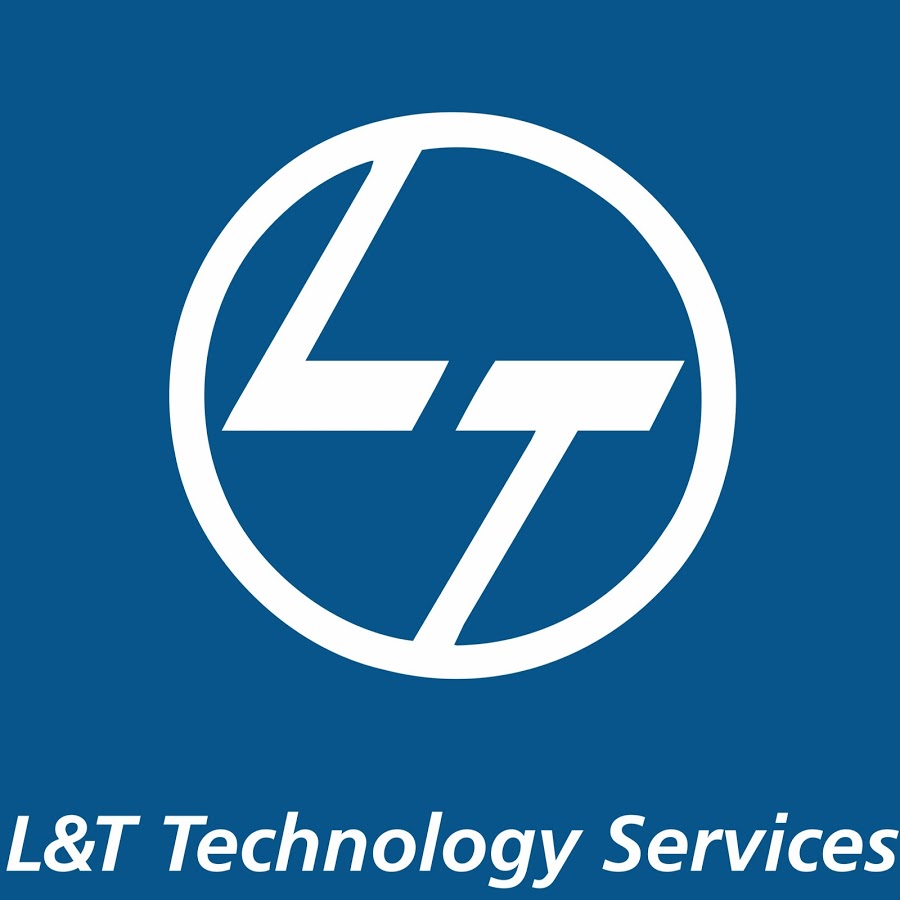AI in MedTech: A Stitch in Time
The story of humanity is being written every day – eight billion entries at a time.
These eight billion individuals are, however, unified in a shared need for unified and universal healthcare. And with every passing day, the provision of health and wellbeing increasingly appears to lie beyond the capacity of traditional MedTech solutions and offerings.
Enter AI in MedTech!
While AI is reshaping industries and businesses at an astonishing pace, its role in MedTech is nothing short of revolutionary. From transforming diagnostics to optimizing hospital operations, AI adoption is being seen as a critical tool toward bridging healthcare gaps worldwide. It carries the promise of not merely complementing existing systems but fundamentally redefining them.
A Global Healthcare Challenge
The demand for healthcare services continues to outpace supply at a global level. Increasingly aging populations, growing resource constraints, and prevailing disparities in care access have created significant stress on existing healthcare systems. For many, therefore, timely diagnosis and effective treatment continues to be a luxury – immediate needs that are often beyond proximal reach.
The scenario is further compounded by legacy inefficiencies, administrative burdens, and the sheer complexities associated with securely managing vast volumes of medical data.
Traditional MedTech solutions, while innovative, often face scalability and affordability issues. This is where AI, with its ability to analyze, predict, and adapt, showcases its immense potential as a game-changer.
Transforming Imaging with AI
Accurate and early diagnosis is crucial for effective treatment, yet misdiagnoses or delayed diagnoses remain all too common. AI-powered solutions, especially in the field of surgical imaging, are rapidly changing this narrative by enhancing precision in identifying diseases.
The global surgical imaging market was valued at USD 5.76 billion in 2025 and is projected to reach USD 9.60 billion by 2034. In the U.S. alone, hospitals spend over USD 5 billion annually on surgical imaging equipment, with major players such as GE Healthcare, Siemens Healthineers, and Philips investing heavily in next-generation imaging technologies. In this direction, Siemens’ USD 16.4 billion acquisition of Varian Medical Systems in 2020 has expanded its capabilities in surgical oncology and imaging
Again, modern MedTech algorithms can now analyze medical imaging data with accuracy rivalling or even exceeding human radiologists. Conditions such as cancer, cardiovascular diseases, and neurological disorders can be identified earlier, allowing for timely intervention. AI tools like these are not just advancing diagnostics in well-equipped hospitals but are also extending these capabilities to remote regions via telemedicine platforms.
Personalizing Treatment on an Unprecedented Scale
One of the most exciting applications of AI in MedTech lies in personalized medicine. By leveraging machine learning and predictive analytics, AI can analyze a patient’s genetic, environmental, and lifestyle data to tailor treatments uniquely suited to their needs.
Take oncology as an example. Ai-enabled solutions can now examine tumor-specific data to recommend the most effective treatment plans for individual patients. Similarly, in chronic disease management, wearables and smart devices equipped with AI enable continuous monitoring and adaptive therapy, ensuring better outcomes for patients while reducing hospital admissions.
Enhancing Operational Efficiency
Hospitals and clinics often struggle with inefficiencies in resource management, leading to wasted time, money, and opportunities to deliver care. AI is optimizing these operations by improving scheduling, predicting bed availability, and even forecasting patient needs based on historical data.
AI-driven systems are also lightening the administrative load for healthcare workers. By automating routine tasks like medical coding, data entry, and insurance claim processing, AI allows doctors and nurses to focus on their primary responsibility: patient care.
To cite an instance, AI-powered chatbots and virtual assistants are now increasingly handling patient inquiries and appointment scheduling, reducing waiting times and enhancing overall patient experiences. These systems are also playing a key role in ensuring robust QARA practices across geographies and regulatory regimes.
Democratizing Access to Quality Care
Perhaps the most profound impact AI lies in democratizing healthcare. By making advanced diagnostics, treatment recommendations, and operational solutions more accessible, AI is closing the gap between high-income regions and underserved communities.
AI-powered tools are particularly effective in addressing care disparities. For instance, mobile ultrasounds paired with AI diagnostic software enable expectant mothers in rural areas to receive prenatal care without needing to travel long distances. Such innovations are not merely aspirational; they are vital to meeting the basic healthcare needs of billions.
Challenges to Address
While the potential of AI in MedTech is groundbreaking, its implementation is not without challenges. Data privacy concerns, regulatory hurdles, and the potential for algorithmic bias need careful redressal. Maintaining patient trust and ensuring equitable deployment of these technologies will require a collaborative effort between technology developers, engineering partners, healthcare providers, and policymakers.
Almost equally important is the need for ensuring seamless integration of AI into existing healthcare workflows. Without proper training and support, healthcare professionals may struggle to adopt these solutions effectively, undermining their potential benefits.
Looking Ahead
The synergy between AI and MedTech is only beginning to unfold. From predictive healthcare to fully automated surgical systems, the road ahead is filled with opportunities to reshape the future of medicine. And with continued advancements, AI could well become the backbone of a truly global healthcare system.
To conclude, let’s just call AI in MedTech a stitch in time!




